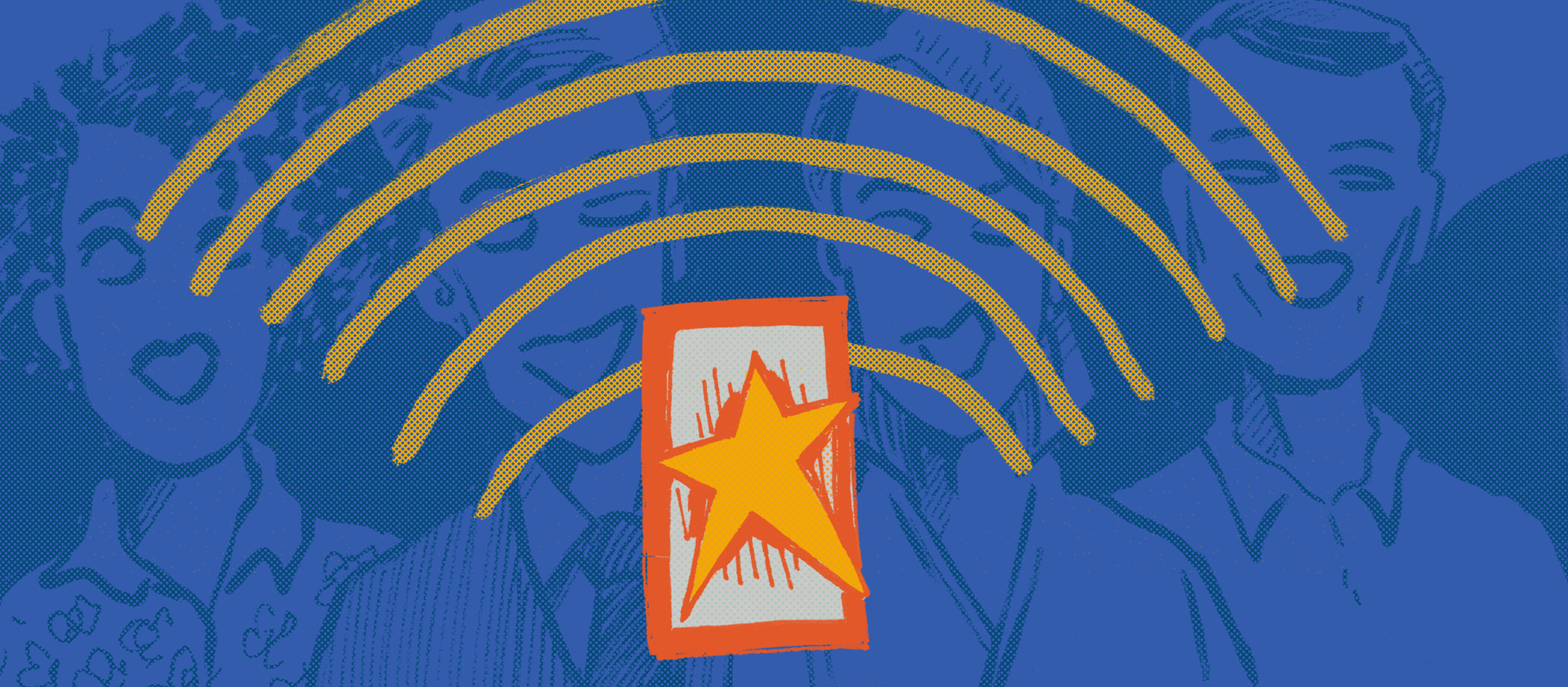
The B2B Boom Of Influencer Marketing
Why Attention And Respect Are The Winning Combination
When you scroll your Instagram feed late at night, you don’t have to go far before you see a celebrity highlighting a new product they love. It’s flashy, crisp, and highly effective content, and it’s taken the marketing world by storm.
It’s no secret that influencer marketing has grown substantially in recent years and is not slowing down—most notably in that business-to-consumer market of your late-night scrolling. And while this practice has become a vital marketing tactic for B2C brands, the business-to-business sector has been slower to jump on the bandwagon.
But B2B brands and marketers, I’m here to tell you that 2021 is the year to hop, skip and leap onto that wagon.
Creating Communities + Trust With Influencers
It’s easy to see that influencer marketing is taking off, and the stats back it up:
• 49% of consumers depend on influencer recommendations.
• Nearly 90% of all marketers find ROI from influencer marketing comparable to or better than other marketing channels.
• 22% of marketers say influencer marketing is the most cost-effective method of obtaining new customers
But it’s about more than numbers—especially in B2B marketing—it’s about creating communities and trust. While they tend to have smaller followings, B2B influencers are industry experts. They may have great content creation skills, or they may be rough around the edges, but either way, these creators have the attention and respect from peers in their industry—which is more powerful than a beautifully crafted video or a million followers.
These influencers can bring in new customers and help recapture buyers who may have lost their trust and connection with a brand. But remember: when using influencers for B2B marketing, the goal should not be short-term. Influencer relationships should be built for the long haul, as is the goal of any successful partnership. Besides, consumers these days can sniff out a one-off marketing ploy from a mile away.
The Importance Of Authenticity
Now that we’ve cleared up influencer marketing is not B2C exclusive, let’s talk about how this tactic differs when implementing it authentically in the B2B world. The keyword here is authenticity.
Micro-influencers (10,000 to 50,000 followers) or even nano-influencers (under 10,000 followers) can be more effective and cost-efficient than macro-influencers (150,000+ followers) or mega-influencers (500,000+ followers). While influencers with large followings are attractive from a numbers standpoint, it’s essential that your audience truly connects and resonates with their content. Oftentimes in B2B, audiences tend to trust influencers with smaller followings more as they feel they’re less likely to share biased content just for brand deals. Ultimately, B2B influencer programs are less about selling products and more about creating brand relationships with past and potential customers.
B2B brands working with influencers should think of them more as a partner. After all, most influencers working in the B2B realm need to be subject matter experts to gain the following that make them successful influencers.
Every year, EPIC team members attend the Turf and Ornamental Communicators Association (TOCA) annual conference, which brings marketers, publishers, and manufacturers in the professional golf, lawn, and landscape industry together to talk about challenges and trends. Last year, an influencer panel brought together three well-known influencers in the green space.
The panel started with each influencer speaking on their work and how they got started. While each influencer had a different perspective on this question, they all agreed on one common theme: authenticity and relatability. Their success didn’t come from setting out to become influencers—they began by doing something they loved and were good at, and in turn, people felt connected to them.
Chant Singvongsa from Chant’s Daily Hustle summed up this sentiment best.
“Being authentic, being original, and transparent… I’m just being me, and it’s very easy to connect when you’re being yourself. People are people, and that’s how we connect.”
Influencers Vs. Ambassadors
While influencers and brand ambassadors both share a common goal of promoting a product—there are important differences between them.
Brand ambassadors can be anybody who already loves and uses your brand—from employees to customers, and even partners. Ambassadors also don’t typically expect compensation for talking about your brand because they’re already doing it. That said, providing them with free products or exclusive deals can be a great way to take the relationship one step further and keep that brand love strong.
Influencers, on the other hand, will usually expect compensation as well as a perfect fit. Influencers operate on a larger scale than ambassadors and need to protect their brand and reputation. This will entail multiple conversations and negotiations when it comes to working with an influencer for your brand.
If you’re still hesitant about diving deep into influencer marketing as a B2B brand, my recommendation is to start small. Begin with one influencer and work on that relationship while trying new things for your brand. And if you’re looking for help to begin the process, you can always work with an agency with experience creating and managing influencer relations.
Recommended







